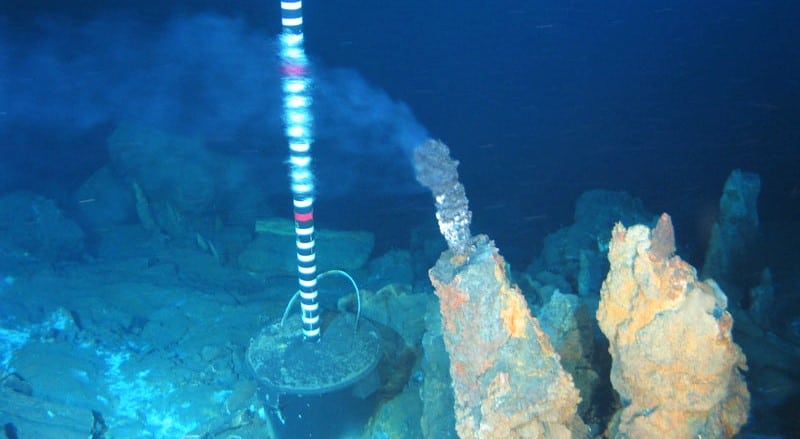Last week saw the Cook Islands host one of the most significant meetings with respect to the shared tuna stocks in the region.
That was the annual session of the Western and Central Pacific Fisheries Commission, better known in the region as simply “the tuna commission”.
The Commission is responsible for managing the tuna stocks in the international waters of the Western and Central Pacific Ocean.
The Pacific tuna fishery is reported to be valued at over US$5 billion.
Te Ipukarea Society, for the first time, attended this Tuna Commission meeting as an official observer.
We have previously attended the Scientific Committee meeting of the Commission when it was held here in Rarotonga in 2017, under the Birdlife observer.
As some readers may recall, Te Ipukarea Society has been vocal in the past about the purse seine fishery. That was tagged as the WTF, Where’s The Fish, campaign. This focussed on the fishery’s use of drifting Fish Aggregation Devices (dFADs), and their impact on juvenile bigeye tuna, and also on sharks, turtles and other endangered species.
However, our main purpose in attending the Commission meeting last week was to encourage the Commission to take note of the potential impacts of deep seabed mining on the tuna and other pelagic fishery resources that come under the mandate of the tuna Commission.
We finally got our opportunity at 3.25am on Saturday, just before the meeting closed, to present our statement.
We referred the participants to our Observer Paper submitted to the meeting, OP14, on the potential implications of deep seabed mining on tuna stocks and the other pelagic species.
We reminded the Commission members of the importance of these shared fishery resources to the Pacific people, and that the reason we were all present at the meeting was to ensure proper management of these stocks moving forward.
We had heard at the meeting that the impacts of climate change are a concern for fish stocks in the region.
This is predicted to push stocks to the east, including into the Clarion Clipperton Zone (CCZ), an area in international waters where deep seabed mining exploration has been going on for a number of years.
At least one company has announced it will be applying for a commercial licence to mine in the CCZ in 2024, with the expectation of starting mining in 2025.
If mining proceeds, it could damage the $5.5 billion (US$3.4 billion) Pacific tuna industry in several ways, according to the researchers.
Possible impacts on the pelagic fishery resources in the Western and Central Pacific Ocean include turbidity from the discharge plume on primary productivity of the ocean, already impacted by rising ocean temperatures.
Light and noise pollution will also occur.
There is also at least one study of potential radioactive elements being released from the polymetallic nodules if disturbed.
These all have potential impacts on pelagic fishes, and the food chain on which they rely.
In our information paper OP14, included in the meeting documents, we provided links to several relevant papers on this issue.
Of particular relevance is the paper, Climate change to drive increasing overlap between Pacific tuna fisheries and the emerging deep sea mining industry.
A version of this paper was presented at the 14th Meeting of the Inter – American Tropical Tuna Commission (IATTC) Scientific Advisory Committee in May of this year.
We respectfully requested that the Commission ask the Scientific Committee of the WCPFC to consider this issue the next time they meet, with a view to getting this issue on the agenda for WCPFC21 which will be held in Fiji in December 2024.
Despite the extremely late hour, with delegates desperate to bring the meeting to a close so they might get to bed before sunrise, we were glad to hear the representative from New Caledonia speak out in support of our statement.
We look forward to further discussions on this important topic in the next 12 months.
Te Ipukarea Society appreciates the opportunity provided to us to attend the meeting as an observer, and also thank the Chair of the meeting, Dr Josie Tamate, for allowing us the opportunity to speak, despite the very late hour.
Te Ipukarea Society was the first Cook Islands environmental NGO, established in 1996 as a direct result of the downsizing of the Environment Service.
The opinions expressed in this article are those of the author and do not necessarily reflect the opinions of this publication.
